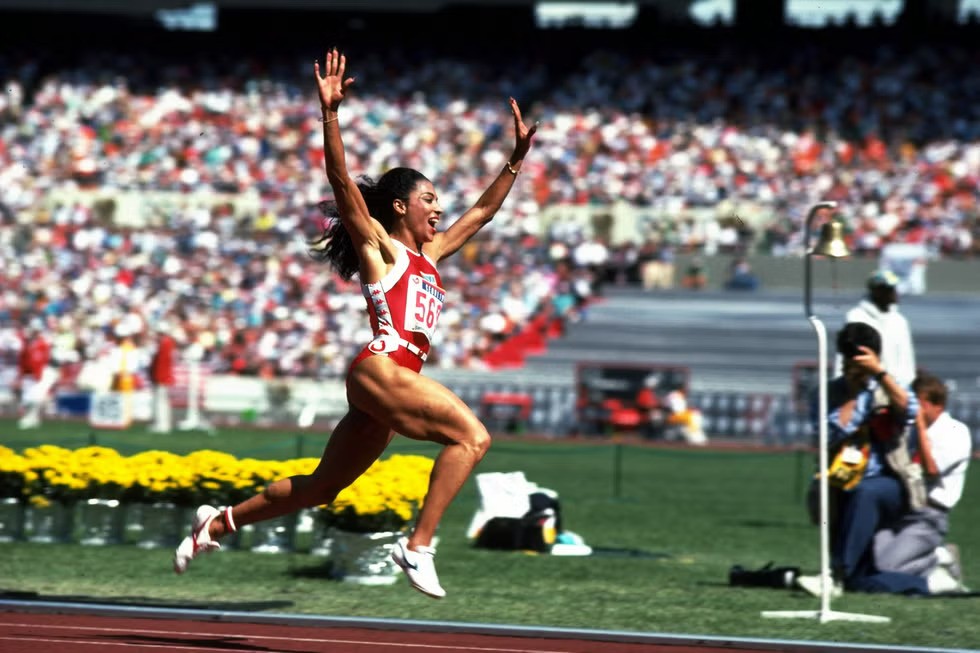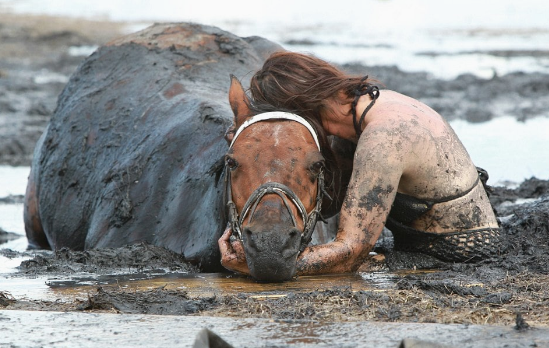The Mystery Of The Impossible World Record (A Breakdown)
The women’s 100-meter world record, set by Florence Griffith-Joyner in 1988, has remained unbroken for over three decades. Known as “Flojo,” Griffith-Joyner stunned the world with a time of 10.49 seconds during the Olympic trials. Her performance not only shocked the stadium but also sparked a flurry of debate and speculation about the legitimacy of her record. Despite the controversies surrounding her run, including allegations of drug use and questionable wind readings, the record stands as a pinnacle of sprinting achievement.

Flojo’s Record: A Breakdown
Griffith-Joyner’s 10.49-second race is often hailed as a masterpiece of sprinting technique. Her effortless execution, smooth body posture, and rapid turnover have been described as sprinting perfection. Detailed analysis of her splits—intervals of time taken to cover specific distances within the race—shows that her 10-meter splits were exceptionally fast. At 0.89 seconds for the 10-meter interval, her performance remains unmatched in the women’s 100-meter history.
The second half of her race, particularly, was noted for its consistency. Her time from the 40-meter mark to the finish line was between 0.89 and 0.93 seconds. This uniformity in performance is one reason her record has endured so long. Many have called her run either an incredible achievement or, controversially, an illegal performance.

Florence Joyner, seen here at the 1988 Olympic Games, won five Olympic medals and set two world records throughout her sprinting career.
Comparing to Modern Sprinters
In contrast, Jamaican sprinter Shelly-Ann Fraser-Pryce has emerged as a dominant force in recent years. At the 2019 World Championships, Fraser-Pryce won gold with a time of 10.71 seconds. Her performance was notable for its rapid start but also for a slower final 20 meters compared to Griffith-Joyner. Fraser-Pryce’s final 40 meters took 3.89 seconds, compared to Flojo’s 3.62 seconds. Despite these differences, Fraser-Pryce’s early career achievements have set her up as a strong contender.
Fraser-Pryce’s 2022 season was particularly impressive. She ran a time of 10.62 seconds, with a final 40 meters clocked at 3.80 seconds. This was nearly a tenth of a second faster than her 2019 performance. Her consistency and improvement over time highlight her potential to challenge the record.

Flo Jo was known for her style, including her long, brightly painted nails.
Looking Ahead: The Future of Sprinting
Fraser-Pryce has expressed her ambition to run even faster, targeting times below 10.6 seconds. Her recent performances, including a series of races under 10.7 seconds and her dominance in the 100 meters, suggest she is on the right path. In the 2021 Prefontaine Classic, Elaine Thompson-Herah ran the second-fastest time ever at 10.5 seconds, with an almost record-breaking final 40 meters split of 3.63 seconds.
Fraser-Pryce’s focus for the coming seasons is clear: she aims to maintain her incredible opening speed while improving her final 40 meters. Her commitment to refining her technique and pushing the limits of her performance reflects her determination to challenge Griffith-Joyner’s long-standing record.
Conclusion
The debate around Florence Griffith-Joyner’s 100-meter world record continues, with some questioning its legitimacy and others admiring its sheer brilliance. However, the emergence of athletes like Shelly-Ann Fraser-Pryce and their relentless pursuit of sprinting excellence brings hope that the record might eventually be surpassed. Whether Fraser-Pryce or another athlete will break the record remains to be seen, but one thing is clear: the pursuit of greatness in sprinting is as fierce as ever.
What do you think? Will Shelly-Ann Fraser-Pryce or another sprinter eventually break Griffith-Joyner’s record? Share your thoughts and predictions in the comments below.






